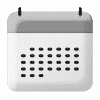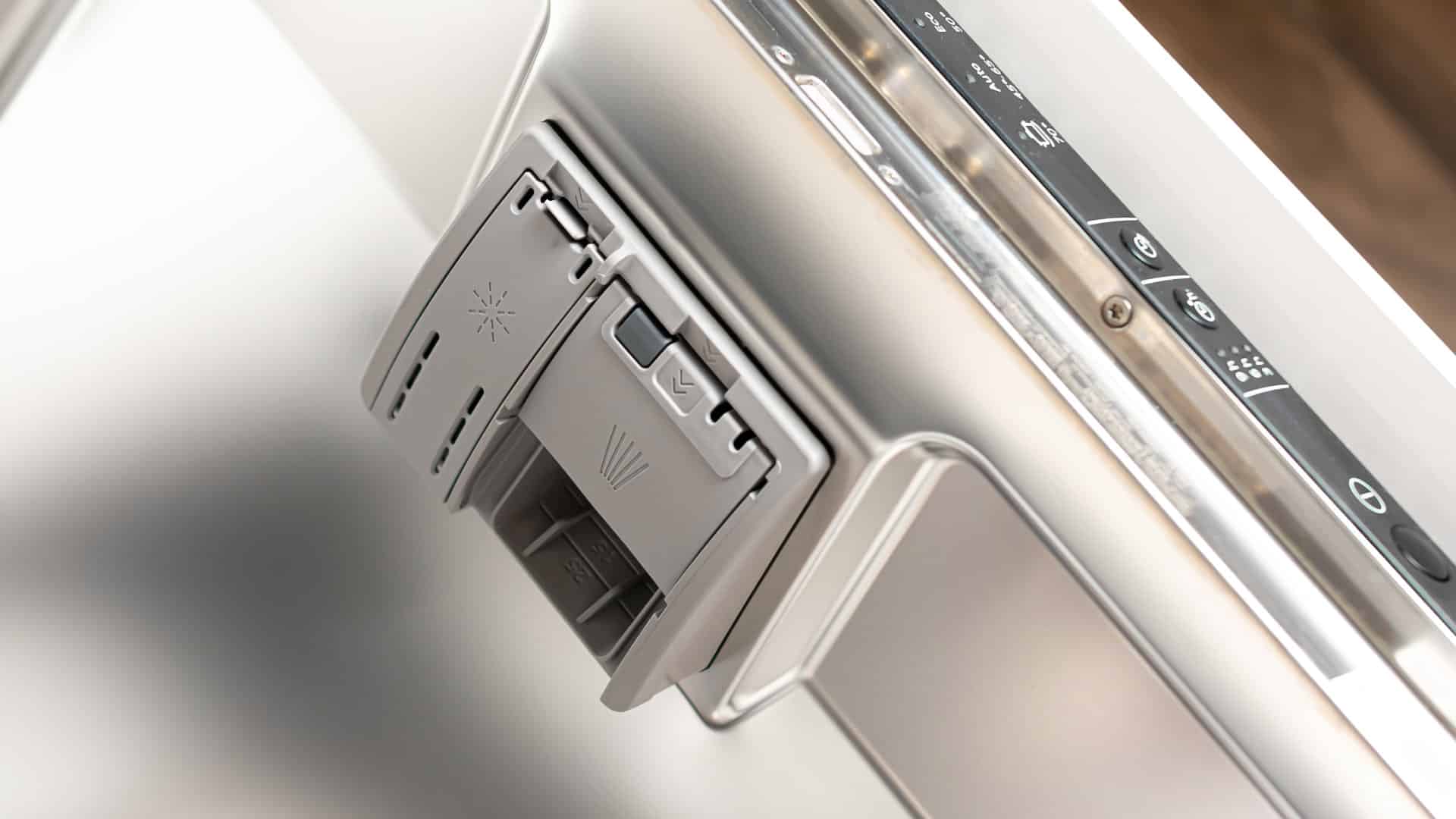
Bosch dishwashers are known for being incredibly reliable, but like any appliance, they can have issues. We’ve identified the most common problems that occur with Bosch dishwashers, as well as simple fixes. Whether you’re an experienced DIYer or a DIY newbie, we’ve got you covered!
This guide refers to all main models of Bosch Dishwashers, including:
GM926710
SHE43P25UC/64
SHE45M05UC/50
SHE45M05UC/50
SHE45M06UC/50
SHE45M06UC/50
SHE4AP06UC/06
SHE4AP06UC/06
SHE55M12UC/64
SHE55M15UC/64
SHE55M16UC/64
SHE55M16UC/64
SHE58C05UC/48
SHI4302
SHI4306
SHI6802
SHI6805
SHI6806
SHU9915UC/11
SHX43C05UC/46
SHX45M05UC/50
1. Dishes Not Cleaning Properly
This is probably the most common issue you’ll find with any brand of dishwasher: the dishes come out with food and grime still on them. There are a few different things that could be causing this issue. Let’s look at the main causes:
Blocked Filter
We all know we’re supposed to clean our dishwasher filters regularly, but it’s an easy task to neglect! When your Bosch dishwasher filter is blocked, the water flow is restricted, meaning it can’t clean as effectively. Clean your filter thoroughly with a soft brush and a mild detergent – this may be enough to fix your problem!
Blocked Spray Arms
Blocked spray arms are also a common cause of a dishwasher not cleaning properly. Spray arms recirculate the water inside the dishwasher. If there’s a lot of debris and food particles on the dishes, the holes in the spray arms can get blocked. This is common when dishes haven’t been rinsed and have a lot of food residue, particularly fibrous items like lentils or quinoa.
To fix this, remove the spray arms (they just unscrew) and check if the holes are blocked. If they are, use a pin or a skewer to clear the debris from the holes.
Inefficient Detergent
Using a cheap brand of detergent can negatively impact the cleanliness of your dishes. Bosch recommends using Finish brand dishwashing products in their dishwashers, so try using the recommended brand if you’re not getting the best results.
Wash Cycle Too Cold
Colder cycles may be great for your electric bill, but they can hinder cleaning! Ideally, your dishwasher should run at temperatures between 120 and 150 degrees F.
2. Dishwasher Not Draining
The second most common problem that occurs with a Bosch dishwasher is an issue with draining. You might notice water at the bottom of the dishwasher when you open it up after the cycle, or it could display an E24 error code. There are a few different reasons for this issue, including:
Blocked filter
A blocked filter can cause your dishwasher not to drain properly. Clean the filter thoroughly, then check if your drainage problem is fixed.
Blocked or Kinked Drain Hose
Check to see if the drain hose is kinked or blocked. Detach it from the dishwasher and try running water through it to clear any clogs. When you detach it, have a towel ready to mop up any residual water that might leak out! When you put it back in place, check to ensure it’s positioned firmly in the drainpipe and has no bends or kinks in the line.
Blocked Drain Pump
This is a little trickier to check, but if you’ve tried the other two solutions, a blocked drain pump is likely the cause of your dishwasher not draining. Consult your Bosch manual to find out exactly how to access the drain pump for your specific model; it’s usually found under the lower spray arm. Check the drain pump for any blockages, then reassemble the machine and run a test cycle.
3. Water Leaking from Dishwasher
A leaking dishwasher is a huge pain – not only does it mean there’s something wrong with your appliance, but it can also cause damage to the surrounding area, such as the floor or drywall. Check the list below to help you find the cause:
Damaged or Dirty Door Seal
Your door seal ensures your Bosch dishwasher shuts tightly, but over time the seal can become worn, loose, or even dirty, all of which can prevent a tight seal. Inspect the seal carefully – if it has worn, loose, or cracked areas, it will need to be replaced. If it looks intact but dirty, clean it thoroughly with a cloth and some detergent.
Wrong Detergent
Using the wrong detergent in your Bosch dishwasher can produce too many suds and lead to overflow. Make sure you’re using the detergent brand recommended by Bosch.
Uneven Dishwasher
If your dishwasher isn’t sitting level, it can cause water to pool and leak out. Use a bubble level to ensure it’s sitting flat – if it isn’t, adjust the dishwasher’s feet or use small blocks of wood to make sure it’s level.
Loose Drain Hose
If the drain hose is not properly connected to the dishwasher or not correctly seated in the drainpipe, water can leak out when the dishwasher is draining. Check the connections while the machine is running to identify the source. If it’s from the machine end of the drain hose, tighten the connection; if it’s from the drain pipe end, ensure it’s positioned properly.
4. Dishes Not Drying Properly
When you open your dishwasher, you want those dishes dry and ready to put away. But what if they’re clean but still dripping wet? Read on to find out the most common causes:
Wrong Detergent Used
Make sure you’re using the recommended detergent that contains rinse aid. Rinse aid is an essential ingredient in ensuring your dishes dry properly.
Vent Obstructed
Most dishwashers have a vent to release steam during the drying cycle. Ensure nothing is covering the vent; in most models, the vent is located at the top of the door, near the control panel.
Dishes Too Crowded
If your dishes are crowded together, it can be impossible for all the water to evaporate. Ensure you’re not overloading your dishwasher and leaving gaps between the dishes.
Wrong Dishwasher Setting
If you’ve recently changed your Bosch dishwasher to an ‘eco’ setting, this could be to blame for the dishes not drying properly. Often, an eco setting will use lower temperatures, resulting in dishes not drying as well.
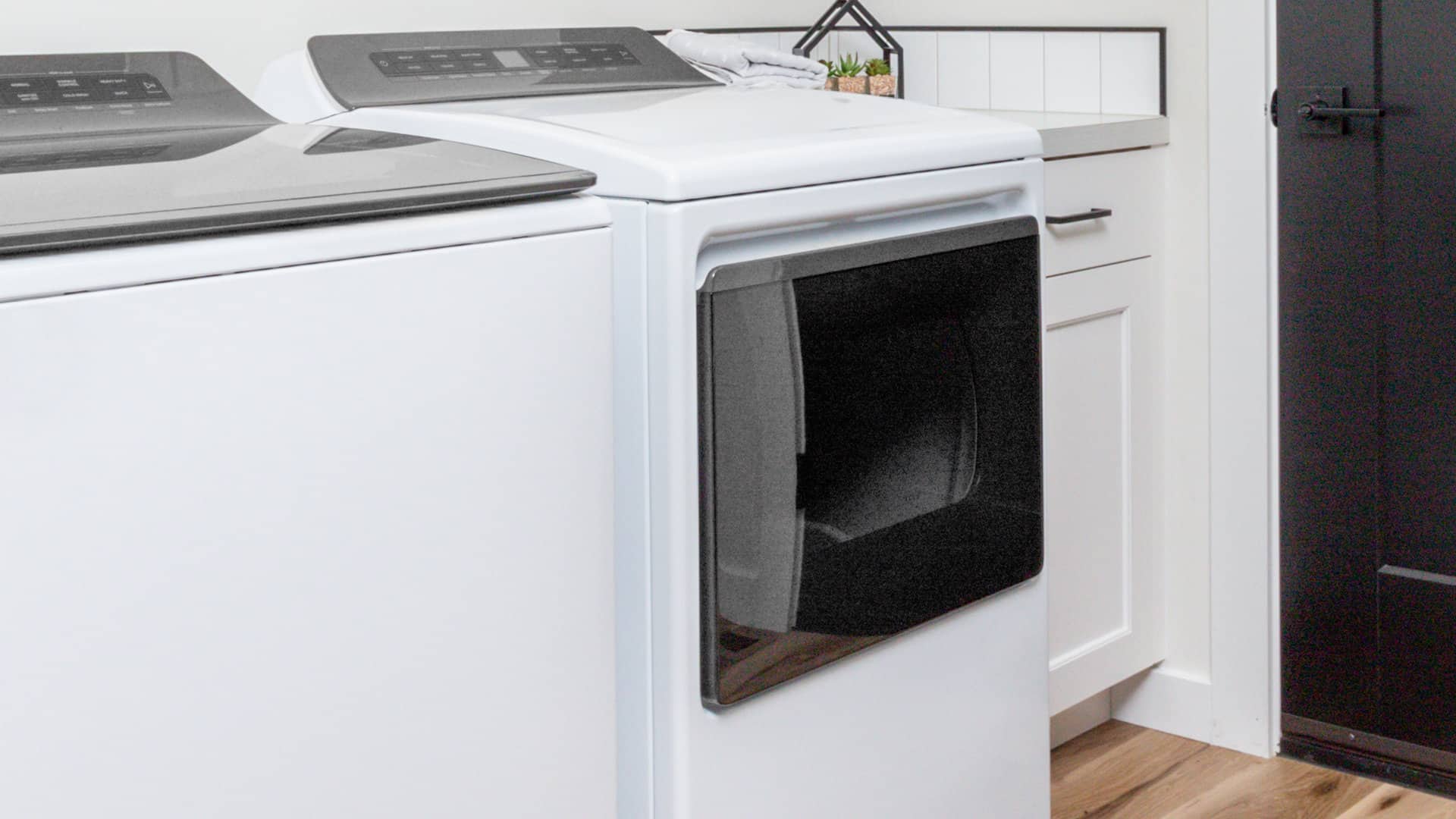
How To Fix a Whirlpool Washer F20 Error Code
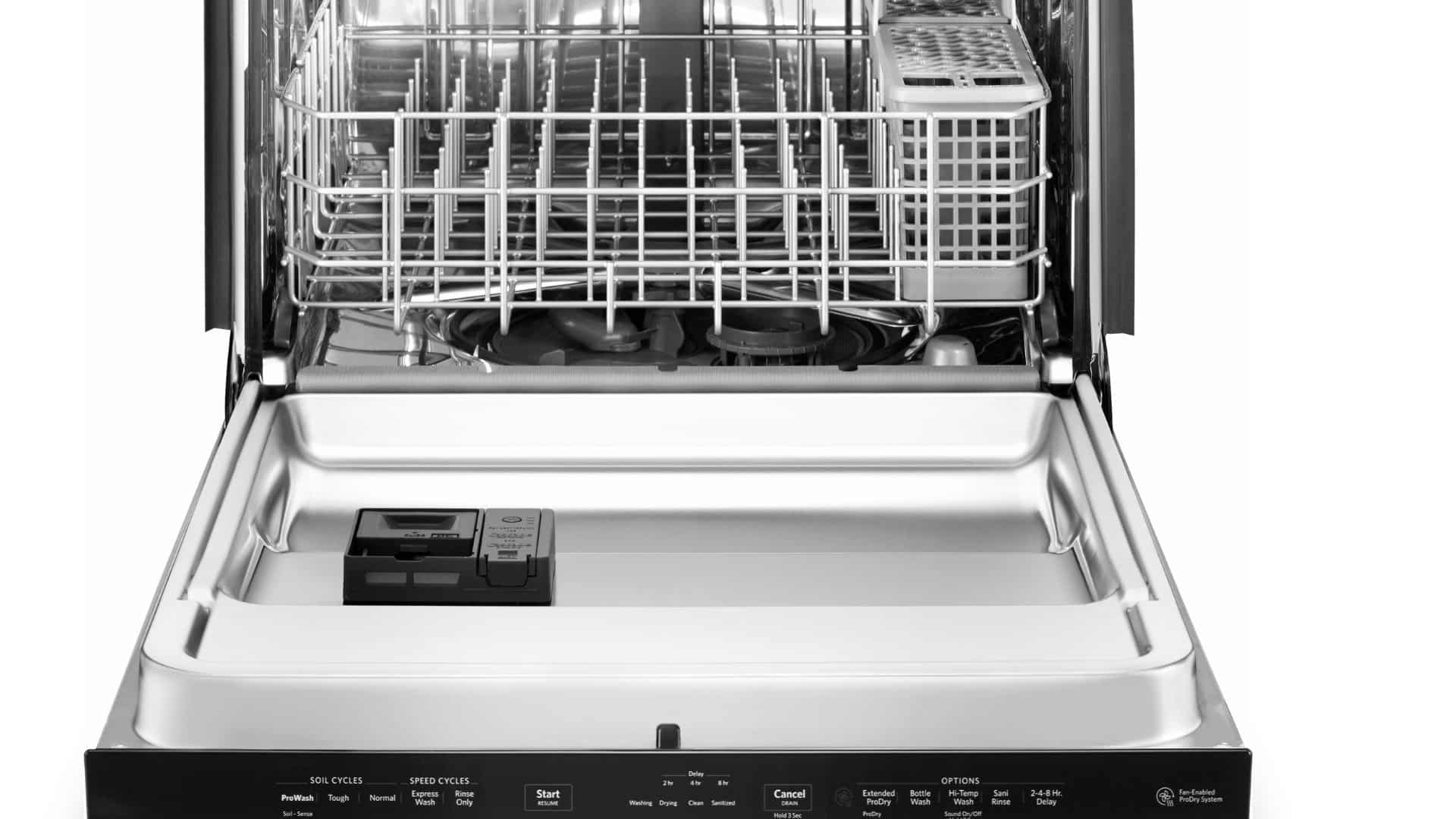
How to Fix a Dishwasher Not Getting Water: The Ultimate Guide
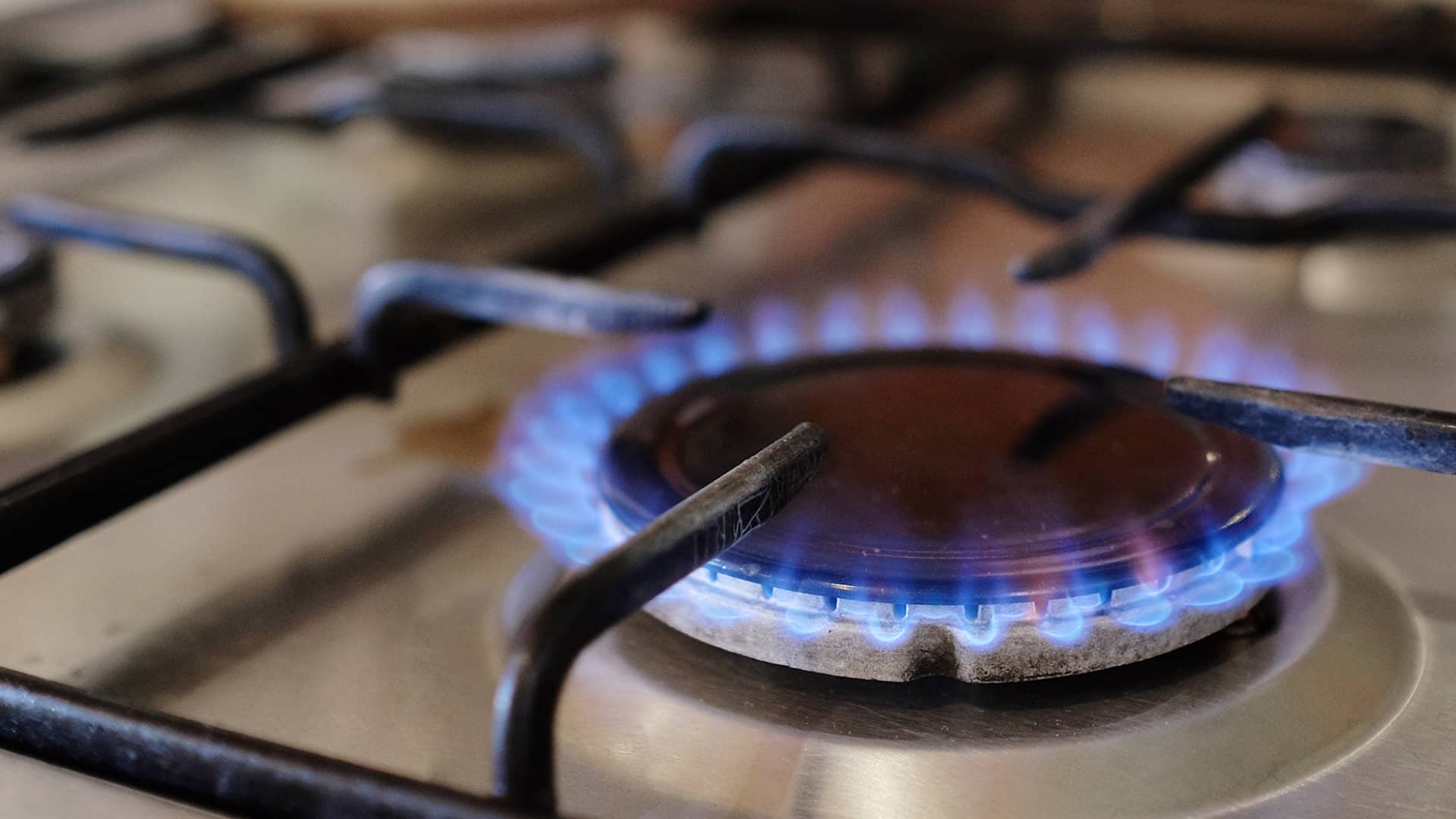
How to Solve the Frigidaire Stove F10 Error Code
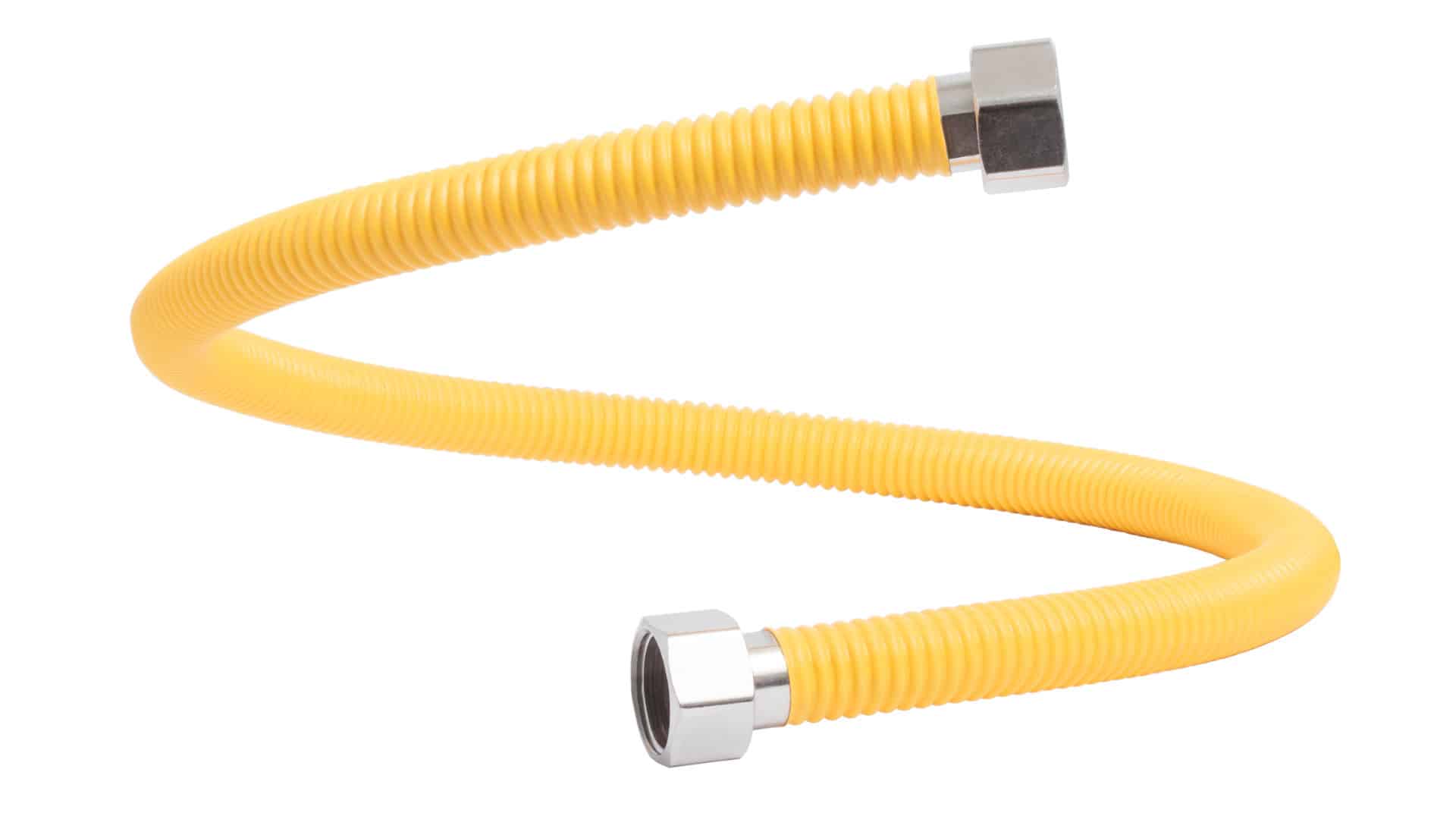
How to Hook up a Gas Dryer
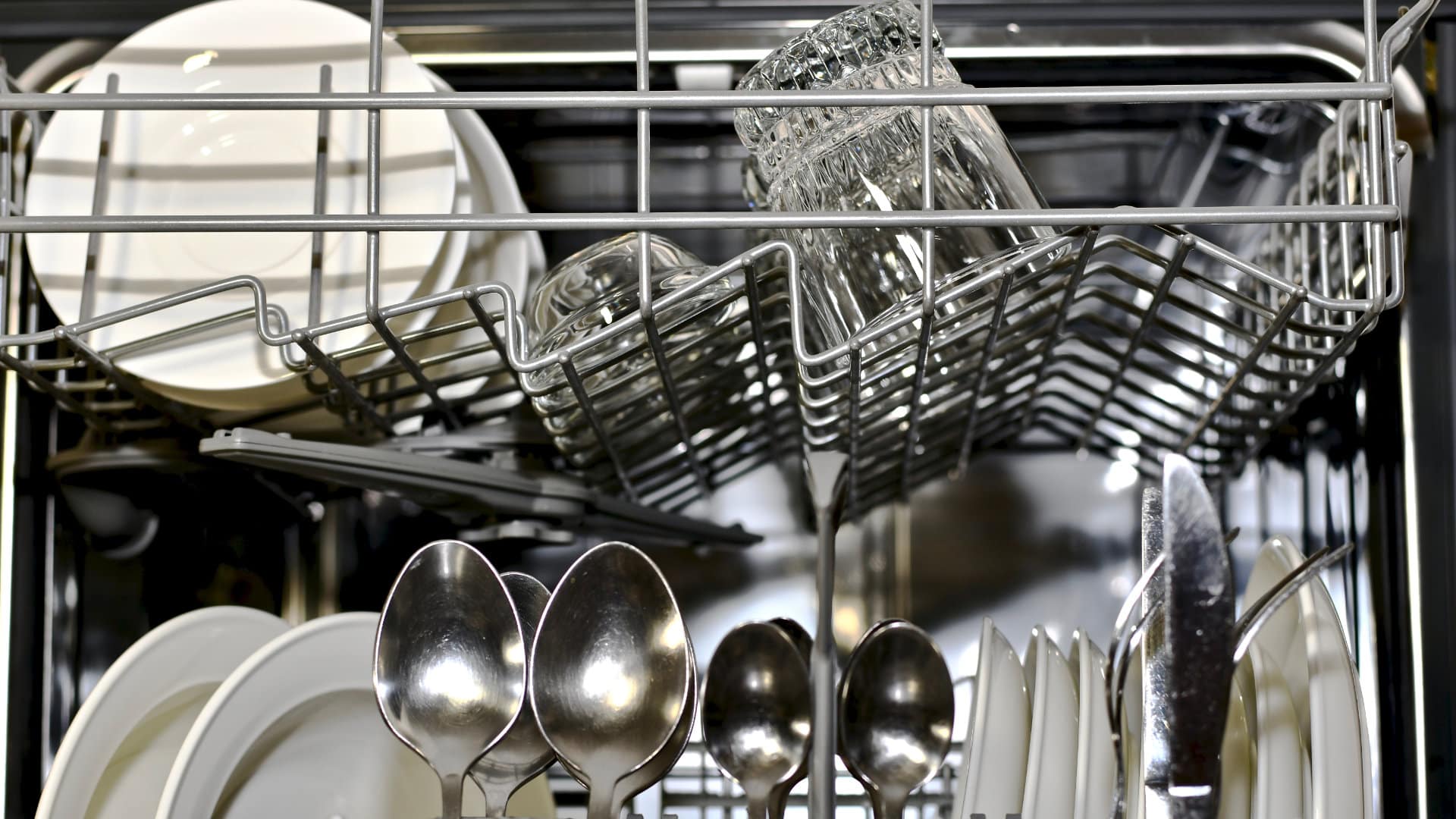
Dishwasher Not Cleaning Top Rack? How to Fix It
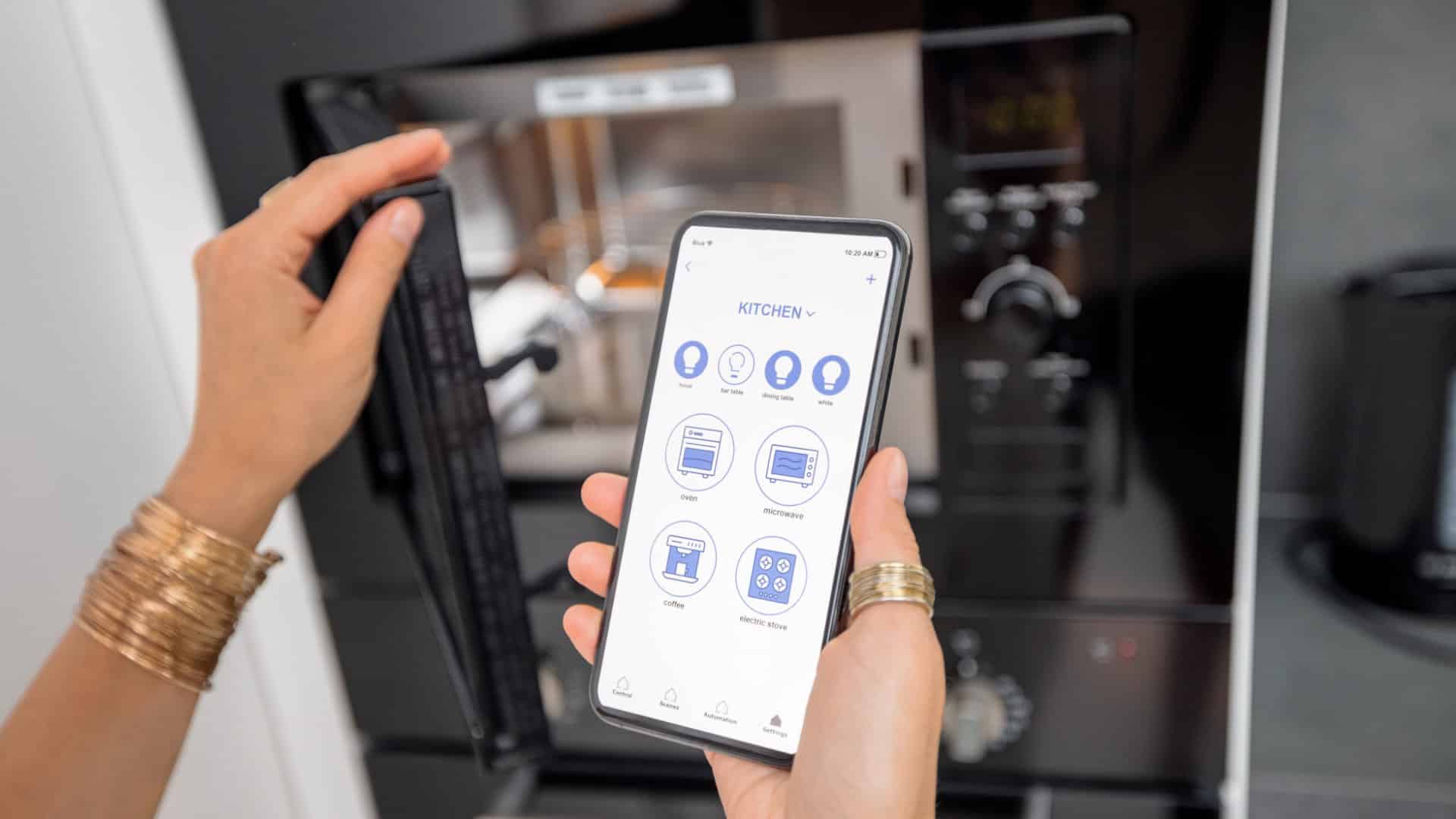
Why Your Microwave Is Making Weird Noises
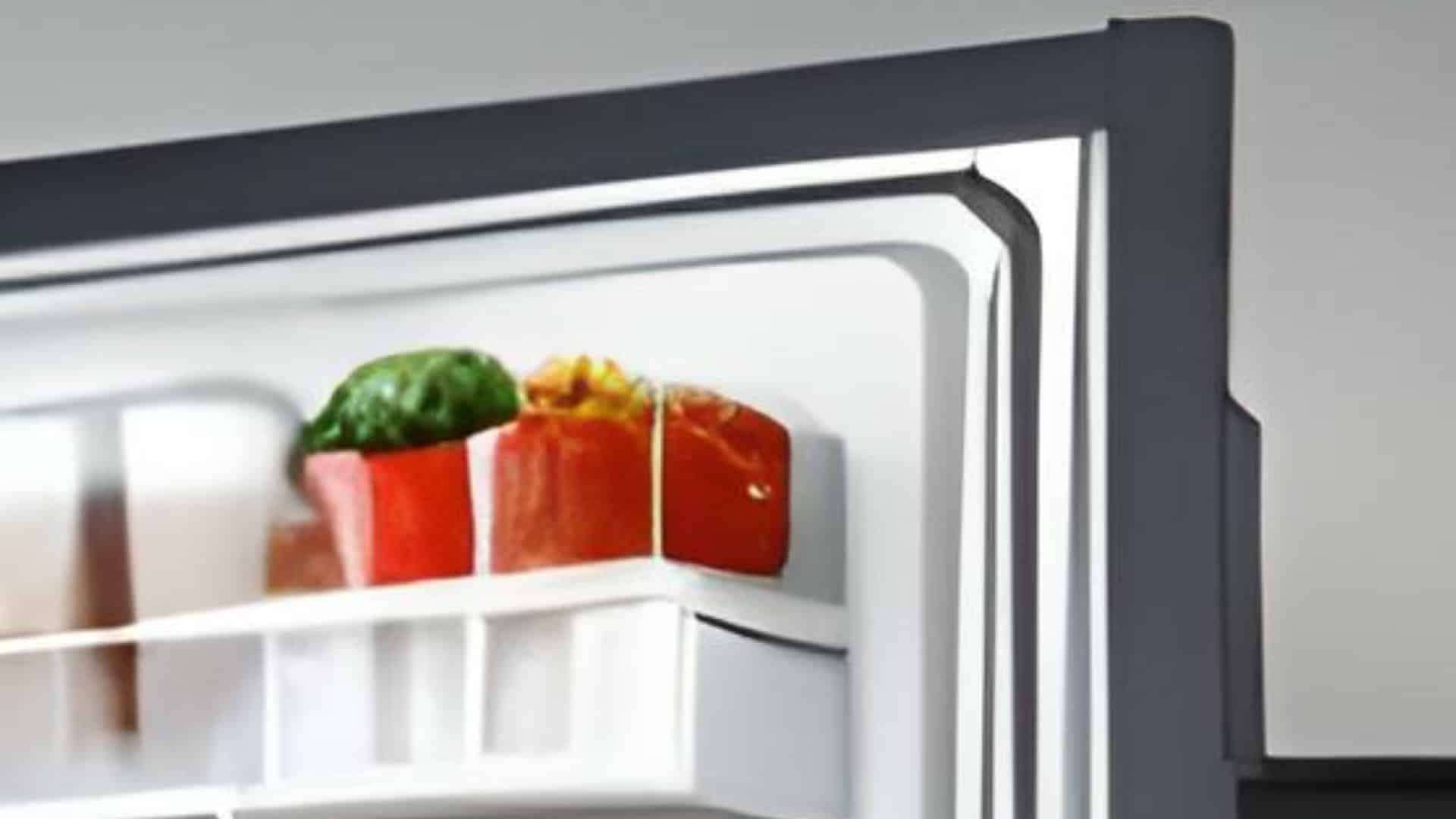
How to Replace a Refrigerator Door Seal
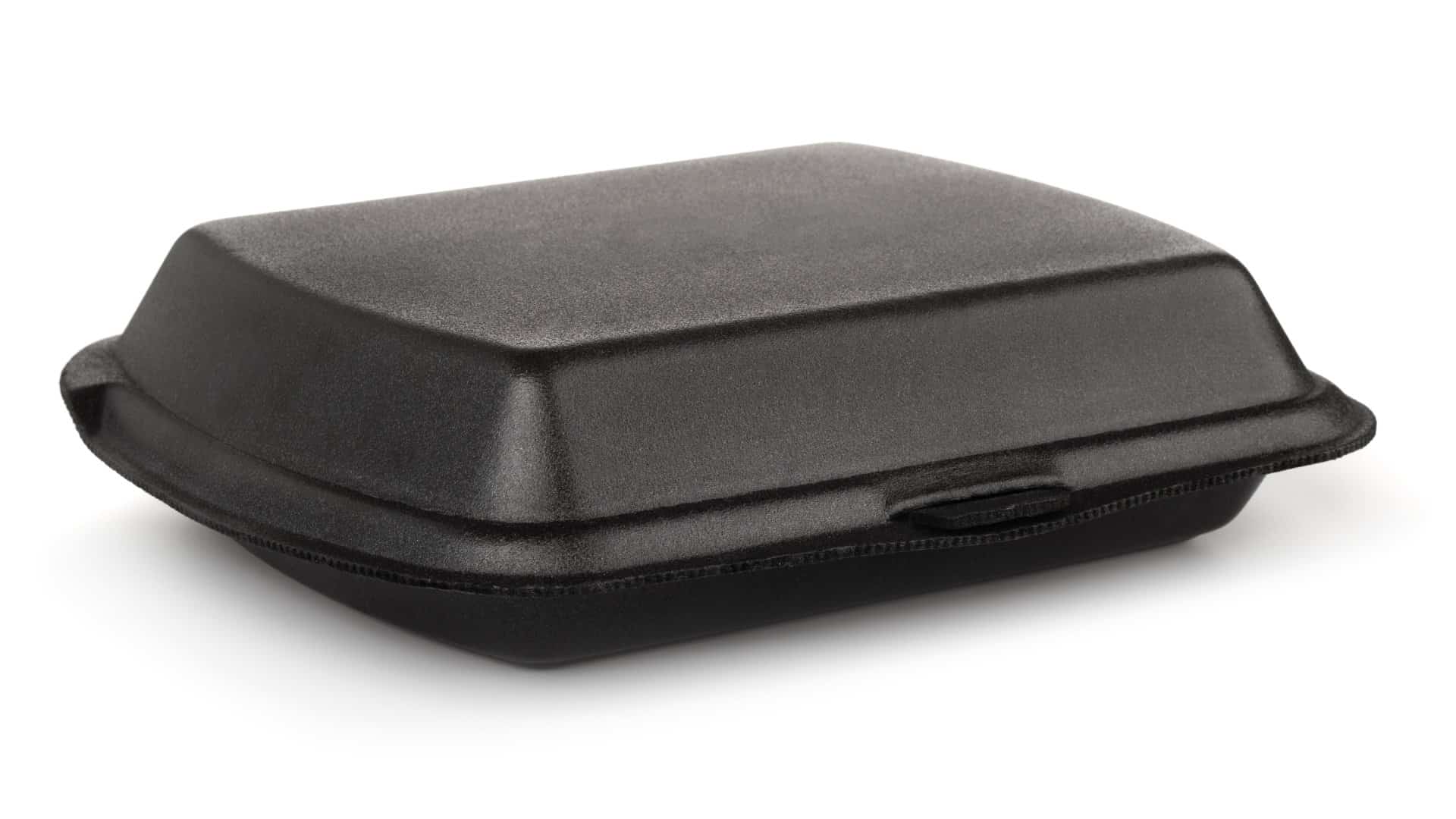
Can You Put Styrofoam in the Microwave?
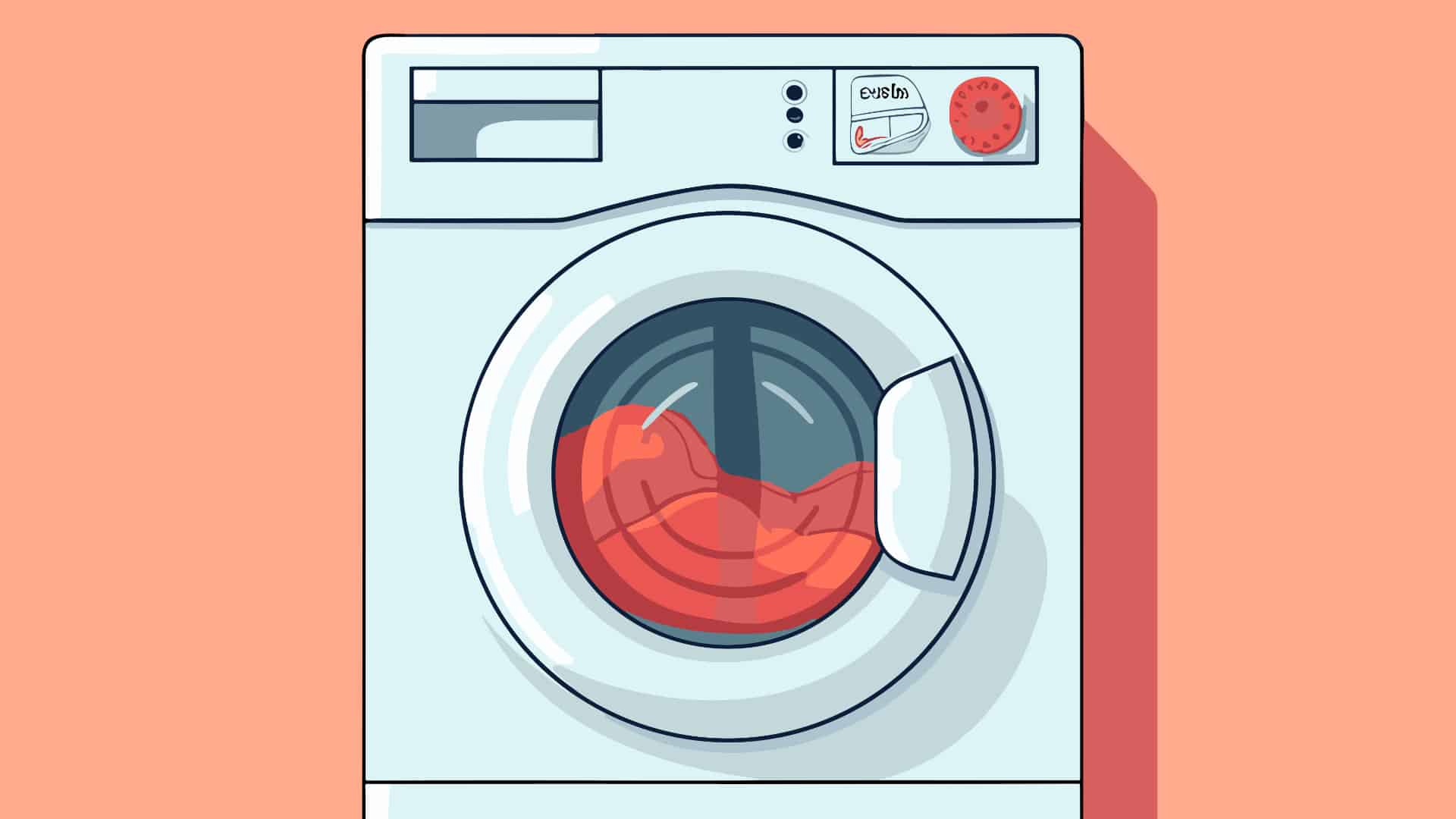
How to Resolve Whirlpool Washer E1/F9 Error Codes


